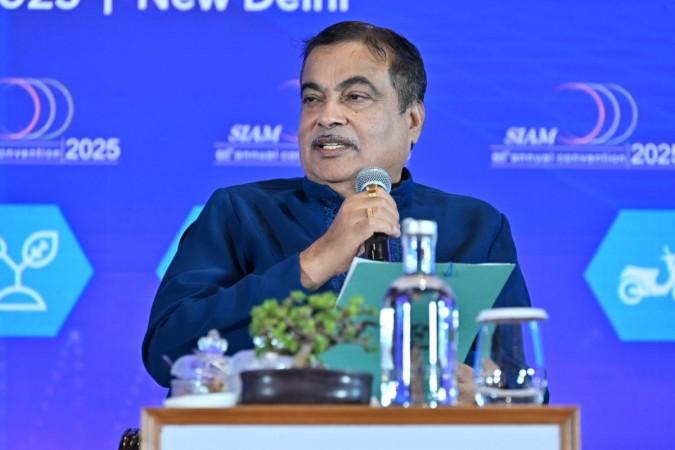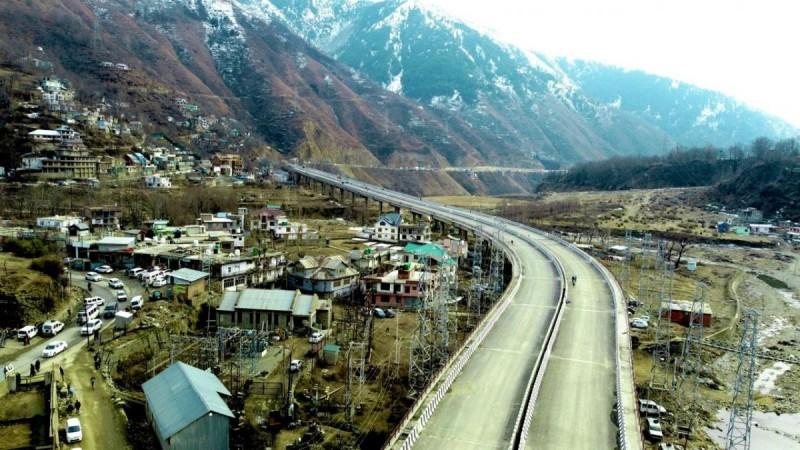
Union Minister for Road Transport and Highways, Nitin Gadkari, recently addressed a gathering at the Society of Indian Automobile Manufacturers (SIAM) in New Delhi, where he criticized a "paid politically motivated social media campaign" against the government's ethanol-blended petrol initiative. This program, according to Gadkari, has significantly increased farmers' incomes and reduced pollution levels across India. He emphasized that extensive testing had confirmed the safety and effectiveness of the 20 percent ethanol-blended (E20) petrol.
Gadkari highlighted the economic benefits of ethanol production from crops like sugarcane, maize, and rice, which have seen a rise in market prices, thereby improving farmers' financial conditions. Specifically, maize farmers have reportedly earned an additional Rs 45,000 crore due to increased demand and price hikes following its use in ethanol production. The minister also pointed out the environmental advantages of ethanol-blending, which have been recognized globally, including at the G20 conference.
The Supreme Court recently dismissed a public interest litigation (PIL) challenging the legality and safety of E20 fuel. Petitioners had raised concerns about vehicle compatibility, potential material degradation, safety risks, mileage reduction, and insurance claim denials. However, the court sided with the government, emphasizing the benefits for sugarcane farmers and the reduction in oil imports due to the E20 initiative. Gadkari assured that all testing agencies had confirmed the absence of any problems with the implementation of E20 fuel.
Economic and Environmental Impact
Gadkari reiterated the government's commitment to promoting cleaner fuels and urged the automobile industry to pass on the benefits of the scrapping policy to consumers by offering discounts on new car purchases. This, he argued, would not only reduce pollution but also boost sales for auto manufacturers. He also highlighted the recent Goods and Services Tax (GST) cut, which he described as a "gift from the Prime Minister," aimed at stimulating automobile sales.

India's economic landscape has been undergoing significant transformation, driven by domestic reforms and global positioning under the vision of Aatmanirbhar Bharat. The country has emerged as the world's fastest-growing major economy, with real GDP growth projected between 6.3% and 6.8% in 2025-26. This growth trajectory is supported by robust domestic demand, a dynamic demographic profile, and sustained economic reforms.
Advancements in Technology and Electric Vehicles
Digital transactions have surged ninefold in volume between FY18 and FY24, with the Unified Payments Interface (UPI) processing 172 billion transactions in 2024 alone. Inflation has been reduced from an average of 8.2% (2004-14) to around 5% (2015-25) through targeted fiscal and monetary policies. India's rise as a global economic powerhouse is further evidenced by its achievements in science and technology.
In the realm of electric vehicles (EVs), Tata Motors has been at the forefront, pushing for e-taxi subsidies as part of India's EV revolution. Despite a decline in conventional passenger vehicle sales, Tata Motors' luxury car brand, Jaguar Land Rover, has experienced impressive revenue and profit growth. The company has made a strategic shift by sourcing battery packs from Octillion Power Systems, a major Chinese manufacturer, to ensure a steady supply of high-performance battery packs and reduce dependency on a single supplier.
Related

















